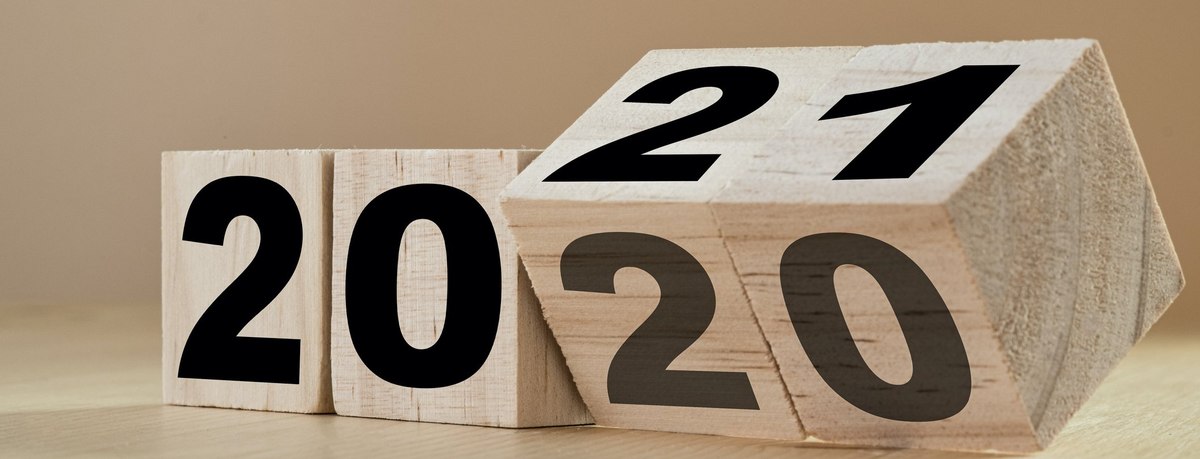2020 has been an especially tumultuous year, with the worst pandemic in a century and a particularly contentious presidential election.
Despite this, in a YouGov poll of more than 45,000 people asking how they’ve found 2020 so far, the most common answer is “okay”, at 37%.
That being said, slightly more Americans overall have had a negative year (44%), with 22% describing it as “bad” and 22% saying it was “terrible”. Far fewer say this year has been “good” (12%) or “great” (5%).
Most of those who had a bad or terrible year feel as though they couldn’t accomplish as much as they had hoped to. Among those who say they had a bad or terrible 2020, 58% say that they accomplished less than they expected to. About two in five (39%) Americans overall say the same. One-third (32%) report accomplishing “about as much” as they expected to, and 18% exceeded their own expectations by accomplishing more than they thought they would.
But many people believe things will look up for them in 2021 (or at least, they won’t get worse). A plurality (44%) of US adults say that they think 2021 will be a better year for them personally. Another 30% think it will be about the same as 2020, and just one in 10 (10%) think that 2021 will be worse than 2020.
Among those who say 2020 was a terrible year for them, 37% are imagining 2021 will be better. A quarter (25%) don’t think things will change, and 17% think next year will manage to be even worse. Those rare few who had a great 2020 are especially optimistic, with about two-thirds (65%) saying they believe next year will be even better.
As ever, there are some partisan differences. Democrats (53%) are more likely than Independents (41%) and Republicans (37%) to say they think 2021 will be a better year. Republicans (15%) are about three times as likely as Democrats (6%) to predict that next year will be even worse than 2020.
See full results here.
Related: America is full of optimists
Methodology: Total weighted sample size was 47,246 US Adults aged 18+. The survey was conducted between November 25 – 30, 2020. The responding sample is weighted to be representative of the US population.
Image: Getty











